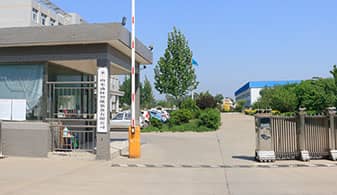Why Electric Powered Veneer Dryer Not Recommended
Electricity is a common source of energy for veneer dryers, and it can be a good option in certain situations. However, there are some reasons why an electric-powered veneer dryer may not be recommended in certain circumstances:
High energy costs: Electric-powered veneer dryers can have high energy costs, especially if they are not designed for energy efficiency. This can make them more expensive to operate than other types of dryers, such as those powered by biomass burner or natural gas or steam.
Limited capacity: Electric-powered veneer dryers may have limited capacity, which means they may not be suitable for drying large volumes of veneer. This can be a problem for larger manufacturing operations that need to dry a lot of veneer quickly.
Longer drying times: Electric-powered veneer dryers can take longer to dry veneer compared to other types of dryers, which can result in longer production times and slower turnaround times.
Electrical safety concerns: Electrical systems can be a safety hazard if not properly designed and maintained. This can be a concern in environments where the veneer dryer is exposed to moisture, such as in high-humidity areas or where there is a risk of water spills.
Overall, electric-powered veneer dryers can be a good option in certain situations, but they may not be recommended in all circumstances due to their higher energy costs, limited capacity, longer drying times, and electrical safety concerns.





